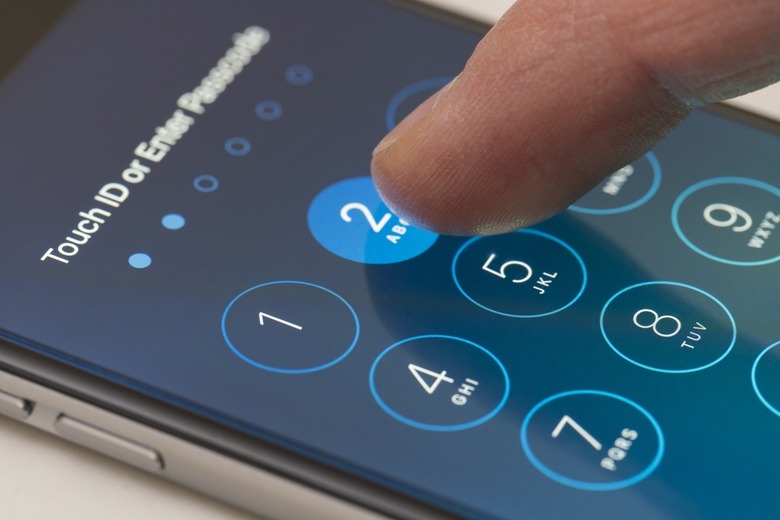FBI Asks Apple To Help Unlock A Mass Shooter's iPhone
The FBI recently asked Apple for help unlocking a pair of iPhones that belonged to Mohammed Saeed Alshamrani, the man accused of killing three people during a mass shooting at a Navy base in Pensacola, Florida last month.
The FBI was granted permission to search the contents of the seized iPhones, but they've been unable to get past the lock screen. Consequently, the FBI sent a letter to Apple's general counsel asking for the company to provide some assistance.
Now if any of this sounds familiar, it's because we saw a similar situation play out a few years ago.
Back in 2016, Apple got into a very heated and public dispute with the FBI regarding an iPhone 5c belonging to one of the terrorists involved in a 2015 attack in San Bernardino. At the time, the FBI all but demanded that Apple create a custom version of iOS that would enable them to guess the device's passcode without initiating a system wipe after 10 failed attempts. Apple, naturally, refused on the grounds that doing so would create a number of privacy and security concerns.
Ultimately, the FBI managed to access the device via a third-party solution.
As to the case at hand, Apple in a statement provided to NBC News said the following:
We have the greatest respect for law enforcement and have always worked cooperatively to help in their investigations. When the FBI requested information from us relating to this case a month ago, we gave them all of the data in our possession and we will continue to support them with the data we have available.
In other words, Apple is willing to help out as it pertains to data Alshamrani might have in his stored iCloud account, but will not consider creating a software solution to assist with cracking the iPhone.
Outside of Apple, the report adds that the FBI is also seeking assistance from other parties, including other government agencies and outside security companies.
